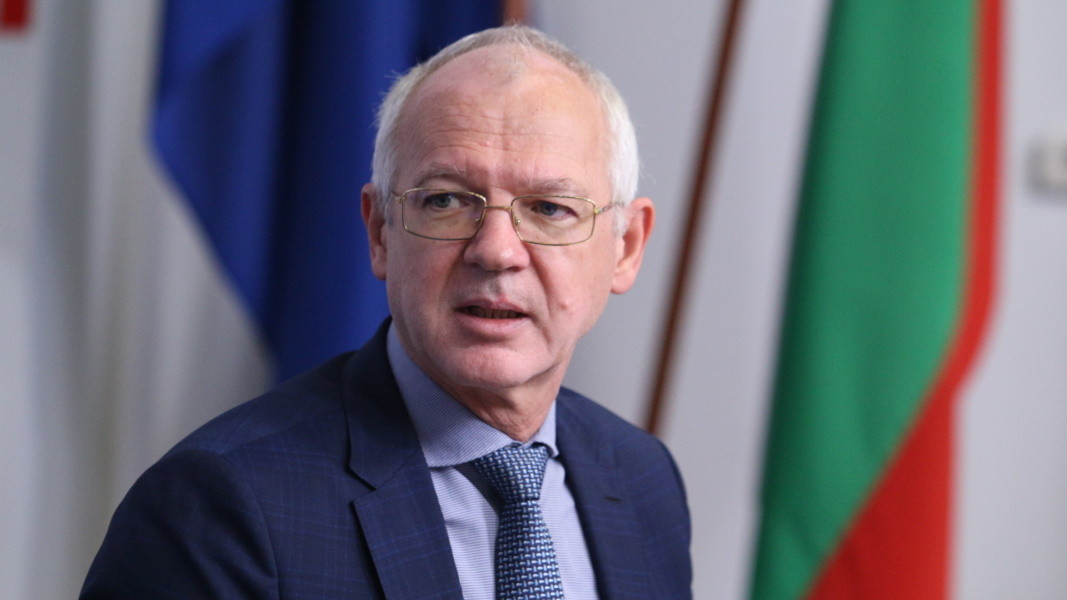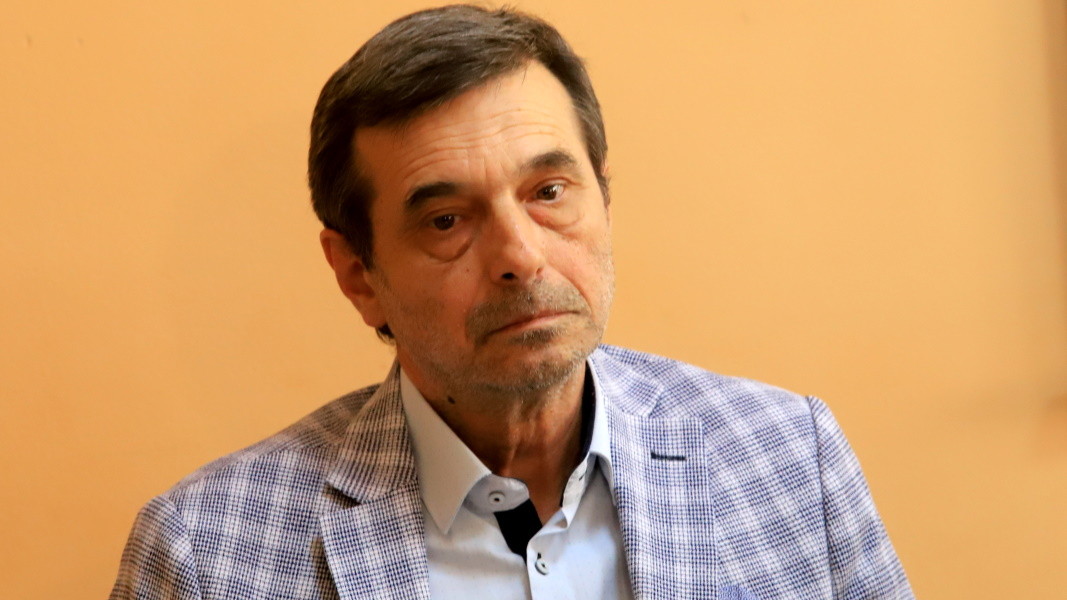On the last working day of last week, the Bulgarian cabinet which has already filed its resignation submitted to the National Assembly a draft plan for the recovery of Bulgaria. The topic became a reason for endless controversies among the newly elected deputies, as some of the political forces accused the majority that the plan contained no specific and feasible goals that could restore Bulgaria's economy. For their part, the nationally representative organizations of employers, workers and employees in Bulgaria demanded to confirm the public consensus on the National Plan for Recovery and Sustainability of Bulgaria /2021-2027 /. That is why they expect to meet with the leaders of all parliamentary parties this week.
The topic is not related to political affiliations and applies to the whole society, the official statement of businesses and trade unions to the political forces reads. They emphasize that Bulgaria must adopt its plan by the end of April 2021. Otherwise, there is a real risk of missing the deadline for submitting and reviewing the plan, and this will greatly delay the receipt of European anti-crisis funds to help businesses and households.
As of the first quarter of 2021, the national budget reports a deficit of over BGN 650 million, which has not happened since 2014. "This calls into question the possibility of the budget to continue to finance measures in support of the economy, employment and incomes," claim unions, employers and businesses, in their address to lawmakers.
"Over 50 percent of businesses in Bulgaria expect the economy to return to the levels of 2019 only in 2022. Therefore, the time has come to ask whether the business in Bulgaria will continue to exist. The good news is that the National Recovery Plan has been submitted and that it can be revised in the future”, says Vasil Velev, Chairman of the Board of the Association of Industrial Capital in Bulgaria (BICA).

Businesses and unions have already formulated their proposals and are pushing for them to be registered by April 30th. They include the development of the funds - for technological modernization and for "green transition" and digitalization, for which they insist on providing additionally over BGN 1 billion.
"There is room for Bulgaria to want to expand its support," officials from the Confederation of Independent Trade Unions in Bulgaria (CITUB) claim. Its president Plamen Dimitrov referred to an analysis of the IMF, according to which the amount of all measures in Bulgaria equals BGN 8 billion for the period from March 2020 until now, which is nearly 7% of the GDP for 2019.

Businesses also insist on extending the anti-crisis measures until the end of this year and on finding another BGN 1.5 billion through borrowed funds to open additional resources for the economy. The reproach of the non-governmental sector is that so far the state has relied only on grants, and the funds for loans to the tune of 4.5 billion euros, to which Bulgaria is entitled, remain unused.
"This means that Bulgaria does not even plan to absorb loans”, explains Plamen Dimitrov, president of CITUB. “And we insist on borrowing from these low-interest and long-term 30-year loans and, with their help, restructure the internal programs”.

"Trade unions, employers, business representatives are the people who know best what is happening in this country," says Dimitar Manolov, chairman of the other large trade union in Bulgaria, Podkrepa.
English version Rositsa Petkova
Photos: libraryCooperation between Bulgaria and China in the field of agriculture and food is very active and is constantly expanding. This was stated at a meeting in Sofia between Deputy Minister of Agriculture and Food Lozana Vasileva and Wan Lejun, Chief Animal..
Bulgaria is making good progress toward joining the Eurozone, as inflation is decreasing towards the threshold set by the criteria, European Bank for Reconstruction and Development President Odile Renaud-Basso said in an interview with BTA. The..
Bulgaria's Ministry of Transport has been working for years to develop Corridor No. 8, connecting the Adriatic with the Black Sea through Albania, North Macedonia and Bulgaria. Of the 1,220 km of railway line along the corridor, 747 km are on the..
Bulgaria is making good progress toward joining the Eurozone, as inflation is decreasing towards the threshold set by the criteria, European Bank for..
Cooperation between Bulgaria and China in the field of agriculture and food is very active and is constantly expanding. This was stated at a meeting in..

+359 2 9336 661
